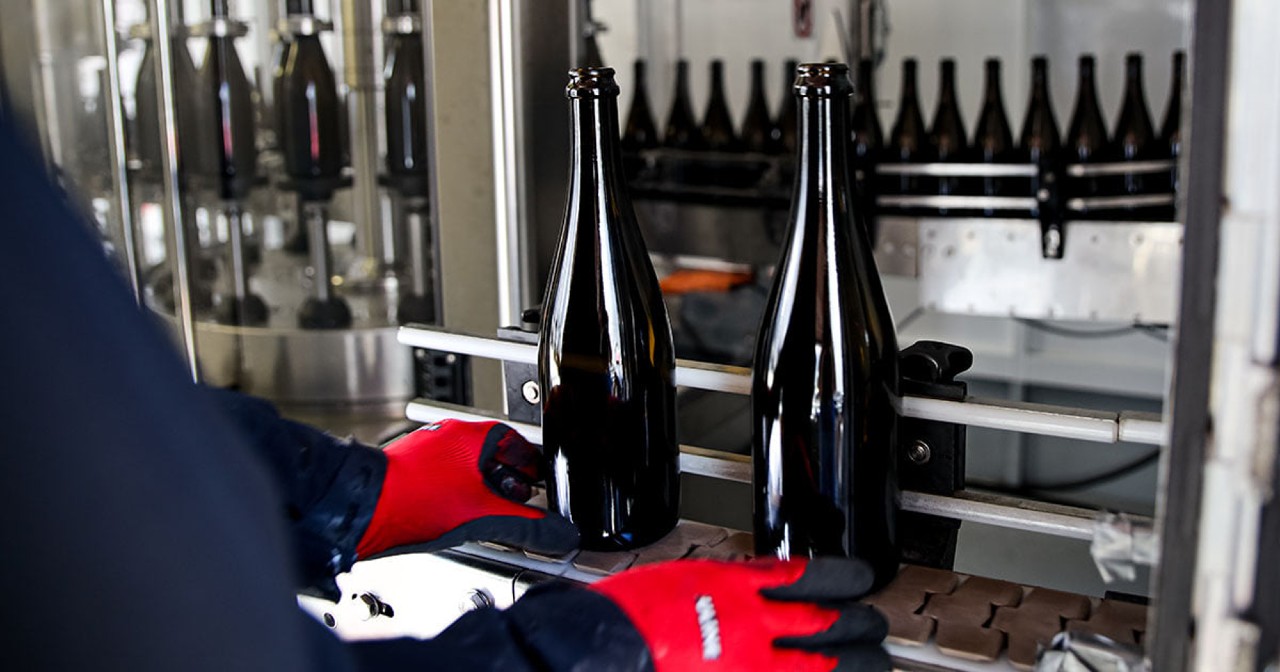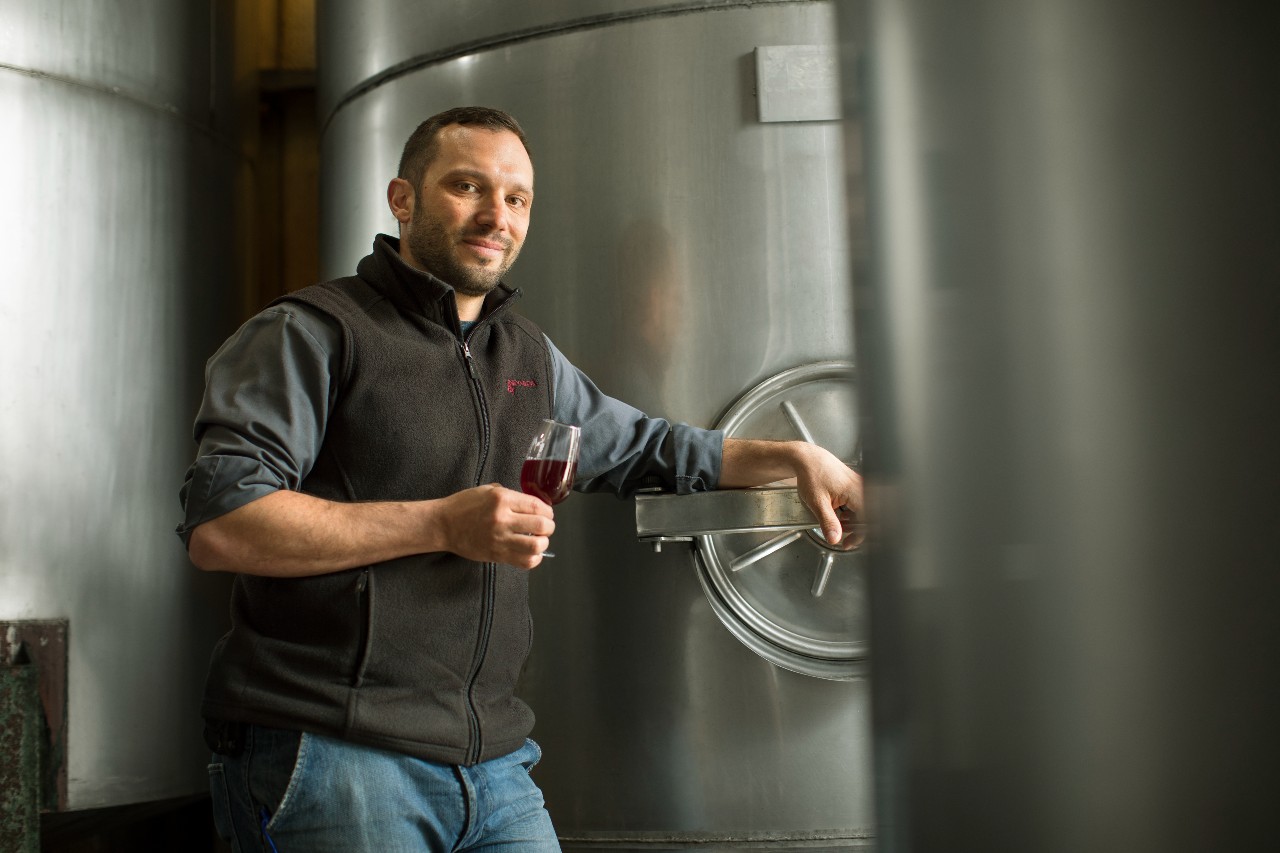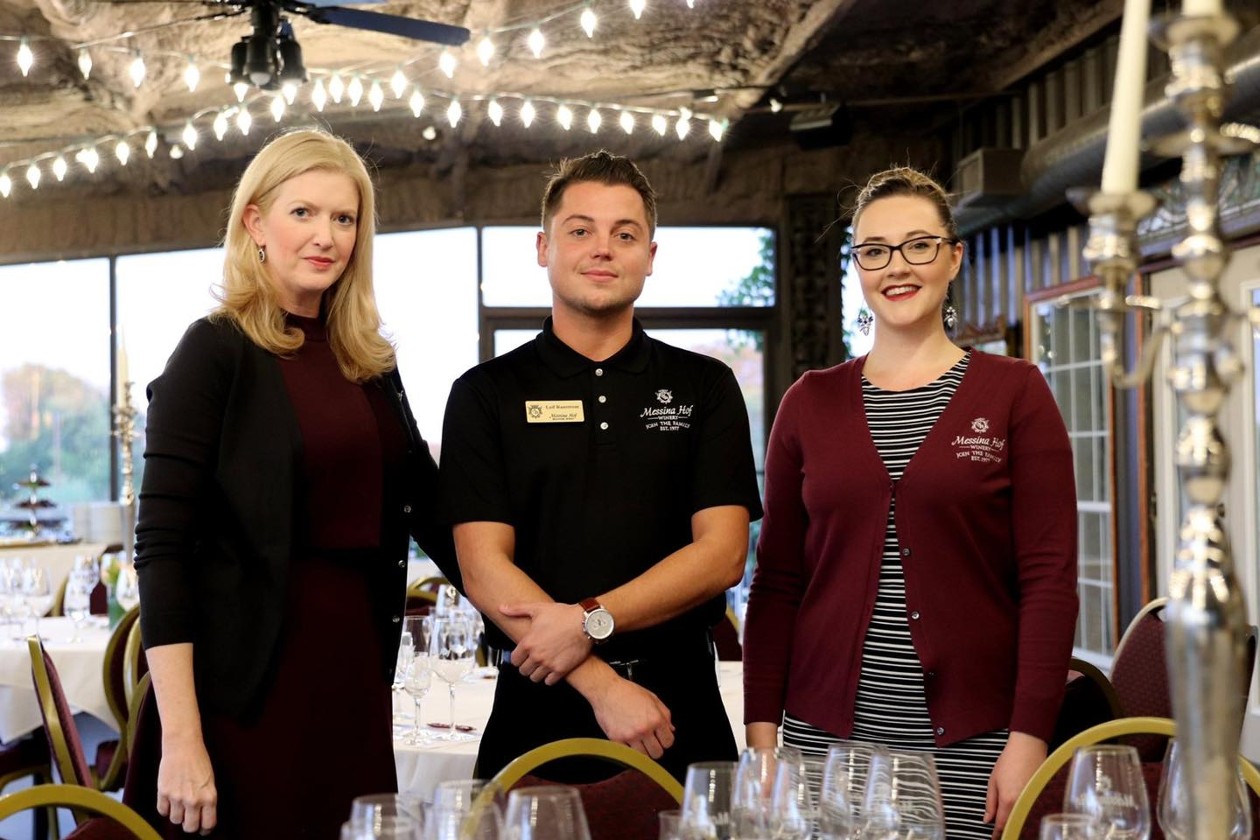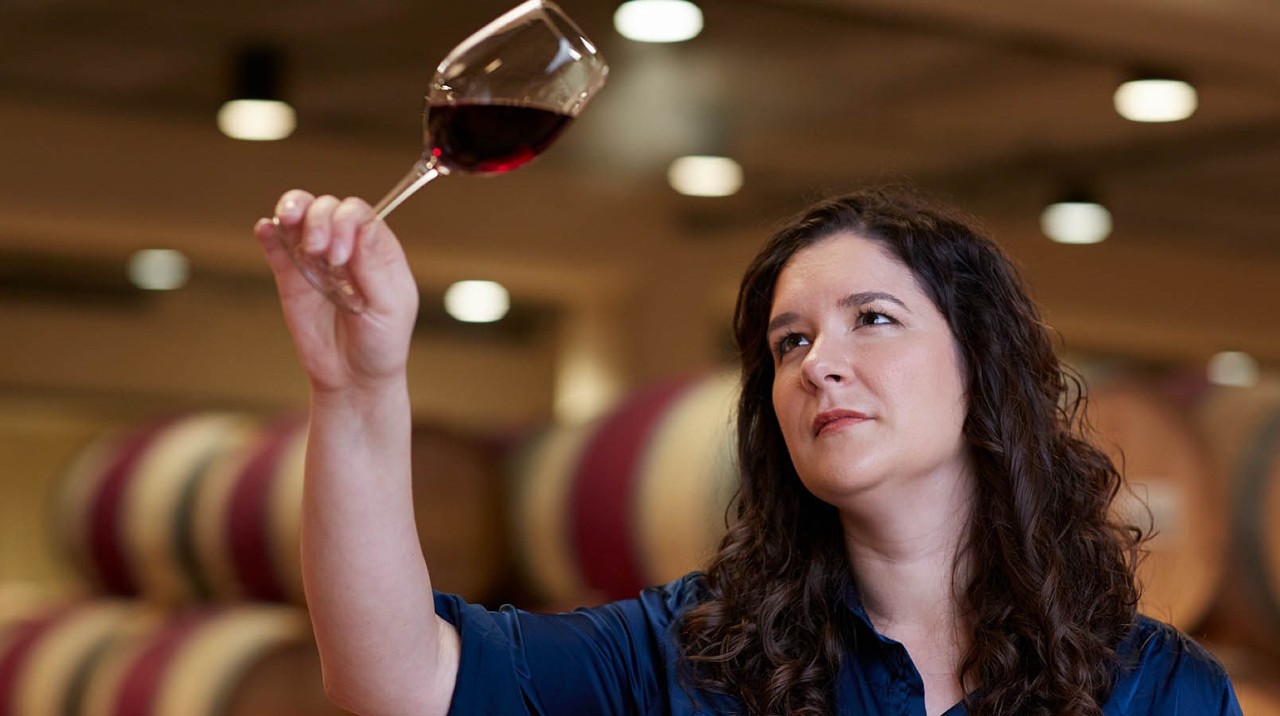(This article originally ran in the July/August edition of Vintner Magazine.)
The glass bottle remains the tried and true approach to wine packaging, but cans and growlers are gaining popularity as alternative vessels.
A number of factors have contributed to their growing popularity. For example, some types of wines at some price points attract certain audiences who enjoy drinking wine in more on-the-go settings. Those who distribute their wine in growlers and crowlers may be doing it because they believe wine is better straight from the barrel, to eliminate or reduce waste, or some combination of the two.
For this issue, Vintner Magazine asked its readers whether they’ve started using experimental packaging, why they took the plunge, and how it’s working out for them.
Napa Wine Company — Oakville, California
Napa Wine Company is a custom-crush facility that works with its clients to crush, ferment and package their wines, but it also makes wine from its own fruit under the Ghost Block, Oakville Winery and Elizabeth Rose labels.
The company recently re-introduced its growler program, which allows customers to take home wine from its tasting room in a reusable container. The new effort is being branded under the Napa Wine Company tag and not under the Ghost Block, Oakville Winery or Elizabeth Rose Brands, said Russell Joy, General Manager at Napa Wine Company.
“The pros have included watching our winemakers having fun assembling the blends, and seeing people who would not have normally come to the tasting room coming each week as part of their routine now and often they pick up our branded wines, too,” Joy said. “The cons, so far, have been crafting a seamless on-line ordering system but we’ll continue to improve it and getting the word out.
“It is a great use of unused wines after blends are made or bottling runs are completed.”
For some clients who use Napa Wine Company’s custom crush services, NWC brings in a mobile can van as needed.
“My understanding from our clients is they saw a need for cans (at a certain price point) to satisfy convenience and event-driven use versus a demographic,” Joy said. “I believe the cons have been finding cans and the limited number of canning lines available in the area.
“As a brand owner, the most important thing is finding the right partner who can get it canned at a reasonable price.”
Clients who want to make canned wine simply reserve use of the van through NWC.
“If the client desires a sparkling product, that becomes a challenge if the operation doesn’t have the right equipment to keep the CO2 at the desired levels,” Joy said. “ We have to rent a special tank for that.”
Suhru Wines — Cutchogue, New York
After mulling the idea for some time, Suhru Wines took the plunge in 2020, canning their Pinot Grigio and Rosé. A year later, they plan to continue doing it, said Sales and Marketing Director Shelby Hearn.
“Given our location and proximity to the water, we felt cans were the obvious choice for those looking to enjoy wine on the water, out on the boat, at the beach, by the pool or on a picnic,” Hearn said. “Can technology has come a long way and now offers a completely inert product which does not impart any taste onto the wine.
“For white and rosé wines, especially, we felt cans were the natural next step to allow our customers to enjoy Suhru Wines wherever life takes them.”
Suhru has not yet invested in a canning line.
“At the moment we work with a mobile canning company that comes to us once a year with all of the technology and allows us to easily and conveniently can our wines.”
When canning, using quality materials is key, Hearn warns.
“The cans we use at Suhru are specifically designed to hold wine. Because wine is such an acidic liquid, you cannot use the same product that you would for soda or beer,” she explained. “Wine cans and the liners they contain are specially designed to hold wine. Every wine that we can is sampled and tested in the product to ensure that cans are able to correctly hold and preserve the quality of the wine.”
LJ Crafted Wines — La Jolla, California
LJ Crafted Wines co-owner Lowell Jooste’s approach entirely eschews the single-use glass bottle. This Southern Californian tasting room serves its wines in a glass, straight from the barrel, or fills up a glass growler for its customers to take home.
But Jooste is branching out. Among the new packaging options is a 750mL resealable aluminum can that is exactly the same size as most conventional glass wine bottles.
He said the motivation for doing so was to offer a single-use package that leaves less of an ecological footprint.
“To date we have been growler only,” Jooste said. “For some customers, growlers are not convenient, so we are introducing what we believe is the most eco-friendly single-use option that also makes sense.”
Jooste said there had been many benefits to promoting reusable packaging.
“Wine direct from the barrel avoids bottling processing, and I think barrel-direct wine tastes better,” he said. “A customer with your bottle is likely to return, customers like the refillable eco-friendly concept, and there is a cost savings as we leapfrog the major costs of bottling, packaging and middle men.
Cons, he said, include bottle washing and manual filling, plus it makes distribution impractical.
Because it’s fully invested in growlers, LJ Crafted Wines uses equipment to make the process more manageable.
Since being established in 2015, LJ Crafted Wines has emptied 370 barrels into growlers and glasses.
“We have our own patented equipment for barrel tapping,” Jooste said. “The glass washer is converted to a bottle washer, and so far it’s washed 75,000 growlers without a hitch.”







Be the first to comment